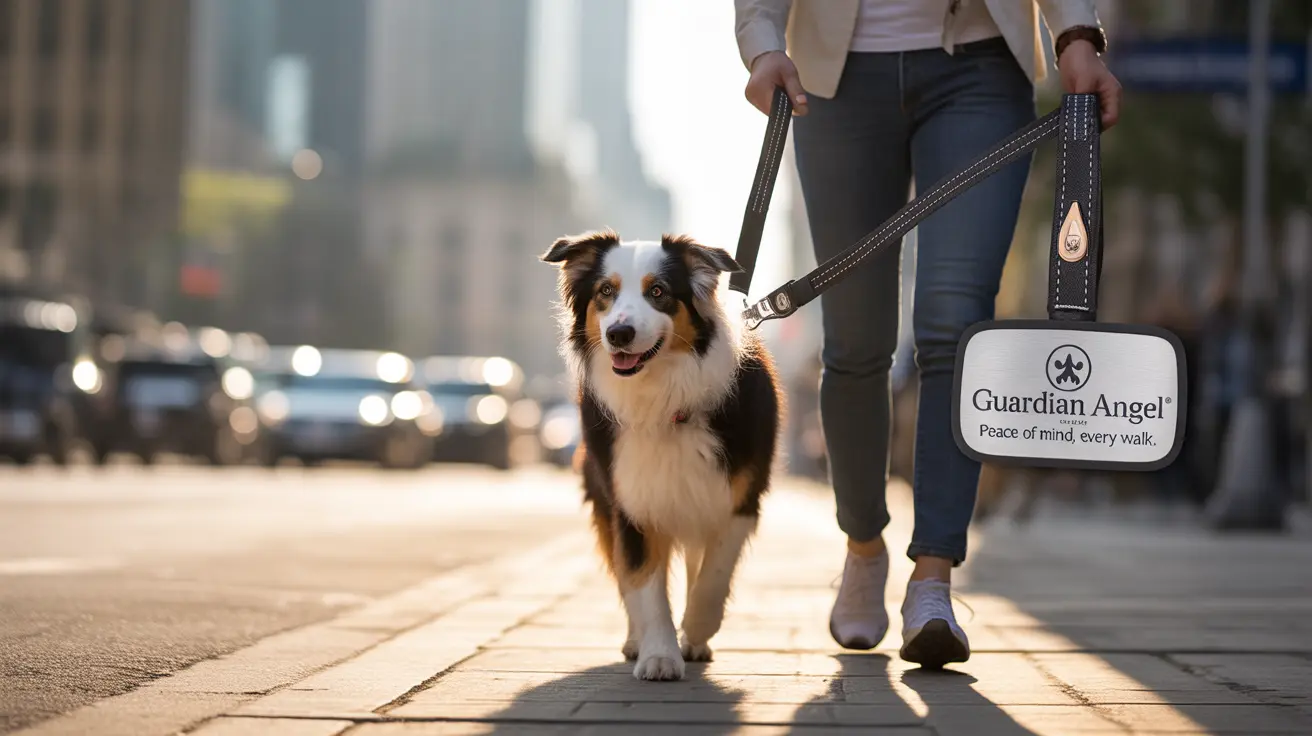Pet accidents can be devastating for both animals and their owners. From traffic incidents to household hazards, understanding the risks and knowing how to prevent them is crucial for every pet parent. This comprehensive guide will help you protect your beloved companions from common accidents and injuries while ensuring a safer environment for everyone.
With millions of pet-related accidents occurring annually in the United States, it's essential to recognize potential dangers and take proactive steps to prevent them. Let's explore the most common types of pet accidents, their causes, and effective prevention strategies.
Common Types of Pet Accidents and Prevention
Vehicle-Related Accidents
Traffic accidents involving pets are among the most serious and potentially fatal incidents. Statistics show that urban dogs involved in vehicle accidents face a 12.5% fatality rate, with many suffering multiple injuries. To prevent these accidents:
- Always use a secure leash when walking near roads
- Train your pet to respond to basic commands
- Consider reflective gear for nighttime walks
- Never let your pet roam freely in unfenced areas
Household Injuries and Falls
Home environments can pose numerous risks for pets, from slippery floors to dangerous heights. Common household accidents include:
- Falls from windows or balconies
- Slips on smooth surfaces
- Injuries from falling objects
- Accidents involving stairs
Poisoning and Toxic Exposure
Accidental poisoning represents a significant portion of pet emergencies. Many common household items and plants can be toxic to animals. Key prevention steps include:
- Storing cleaning supplies in locked cabinets
- Keeping medications out of reach
- Identifying and removing toxic plants
- Securing garbage bins
Dog Bite Prevention
With over 4.5 million dog bites occurring annually in the U.S., prevention is crucial. Important measures include:
- Early socialization and training
- Proper supervision during pet interactions
- Understanding dog body language
- Neutering male dogs to reduce aggressive tendencies
Emergency Preparedness
Being prepared for pet accidents can make a crucial difference in outcomes. Essential preparations include:
- Having a pet first aid kit readily available
- Keeping emergency vet contacts accessible
- Learning basic pet first aid
- Having a plan for after-hours emergencies
Weather-Related Safety
Extreme weather conditions can lead to serious accidents and health emergencies. Protect your pet by:
- Never leaving them in parked vehicles
- Providing adequate shelter from elements
- Limiting outdoor activity during extreme temperatures
- Maintaining proper hydration
Frequently Asked Questions
How can I prevent my dog from being involved in traffic or vehicle accidents?
Always use a sturdy leash, practice consistent recall training, and avoid walking near high-traffic areas. Consider using a properly fitted harness for extra security, and never let your dog off-leash in unfenced areas near roads.
What should I do immediately if my pet is bitten by another dog?
First, ensure your safety and separate the dogs if possible. Clean the wound with antiseptic solution if available, apply pressure to stop any bleeding, and seek immediate veterinary care. Document the incident and gather information about the other dog's vaccination status.
What are the most common household hazards that lead to pet accidents and how can I pet-proof my home?
Common hazards include toxic plants, cleaning supplies, medications, and unsecured windows. Pet-proof by storing dangerous items in locked cabinets, installing window screens, securing loose wires, and removing toxic plants from your home.
Are certain breeds more likely to cause serious or fatal pet accidents, and how can I keep my family safe?
While any dog can be involved in accidents, statistics show some breeds may be involved in more serious incidents. Focus on proper training, socialization, and supervision regardless of breed. Never leave young children unsupervised with any dog.
What emergency steps should I take if my pet ingests something toxic or gets injured in a fall?
Contact your veterinarian or pet poison control immediately. Don't induce vomiting unless specifically instructed to do so. For falls, keep your pet still and warm while seeking immediate veterinary care. Document what was ingested or how the fall occurred.
Conclusion
Pet accidents can be frightening, but many are preventable with proper precautions and awareness. By understanding common risks and implementing appropriate safety measures, you can significantly reduce the chance of your pet being involved in an accident. Remember that prevention, preparation, and prompt response are key to keeping your beloved pets safe and healthy.






